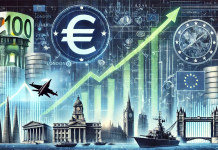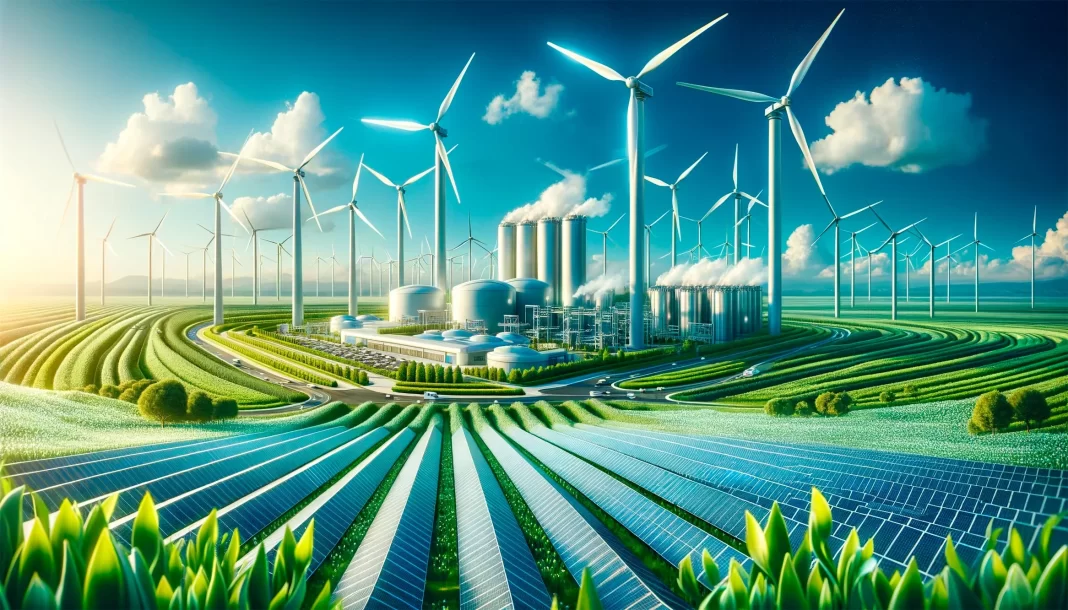In 2025, sustainability is no longer a corporate buzzword—it is an operational necessity. Businesses across the UK are embedding sustainable practices into their operations, driven by regulatory requirements, customer demand, and long-term cost-saving potential.
Sustainability is now seen as a strategic advantage rather than a compliance burden, with companies rethinking their supply chains, energy use, and waste management to align with greener principles.
Key Drivers of Sustainability in 2025
- One of the major catalysts for change is the heightened focus on carbon reduction. The UK government’s commitment to achieving net-zero emissions by 2050 has spurred stricter regulations, with companies required to report on and actively reduce their carbon footprint.
- Customers, too, are increasingly prioritising ethical and environmentally responsible brands. This growing demand for transparency is pushing businesses to adopt greener models.
- Cost efficiency remains a significant motivator. Renewable energy sources, such as solar panels and wind turbines, have become more affordable and accessible.
- Businesses are also turning to circular economy principles, finding innovative ways to reuse materials and reduce waste, which not only saves money but also demonstrates a commitment to sustainability.
Technologies Driving Change
Technology is playing a crucial role in enabling sustainable operations. Remote work and virtual collaboration, empowered by digital technology, for instance, is reducing the need for travel and associated emissions:
- Mobile payroll enable businesses to manage payroll remotely, reducing paper use and minimising office space requirements, while video conferencing platforms and cloud-based systems also cut the environmental costs of physical offices and business travel.
- Another game-changer is the rise of carbon-tracking software. These platforms allow businesses to measure and offset their emissions, providing a clear overview of their environmental impact.
- Additionally, smart building technologies, such as IoT-enabled sensors, are helping reduce energy consumption by automating lighting, heating, and cooling systems based on occupancy and weather conditions.
- Energy management systems are also helping businesses optimise energy use by monitoring consumption in real-time and identifying inefficiencies.
- Similarly, AI-powered tools are streamlining supply chains, reducing excess inventory, and minimising fuel consumption in logistics.
The New Normal
In 2025, sustainability is at the heart of business success, shaping everything from product sourcing and manufacturing to how brands connect with their customers. Companies that fail to adapt risk being left behind in a market where eco-consciousness drives competitiveness.
By adopting technology and committing to sustainable practices, businesses can not only meet their responsibilities but also thrive in a greener, more forward-thinking economy.








































